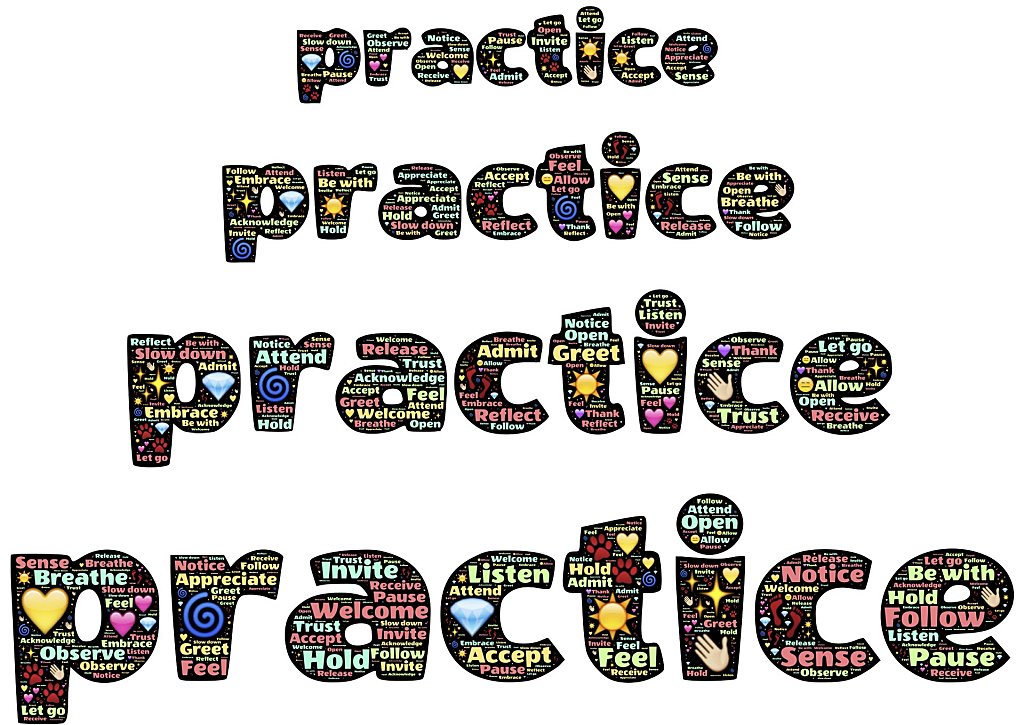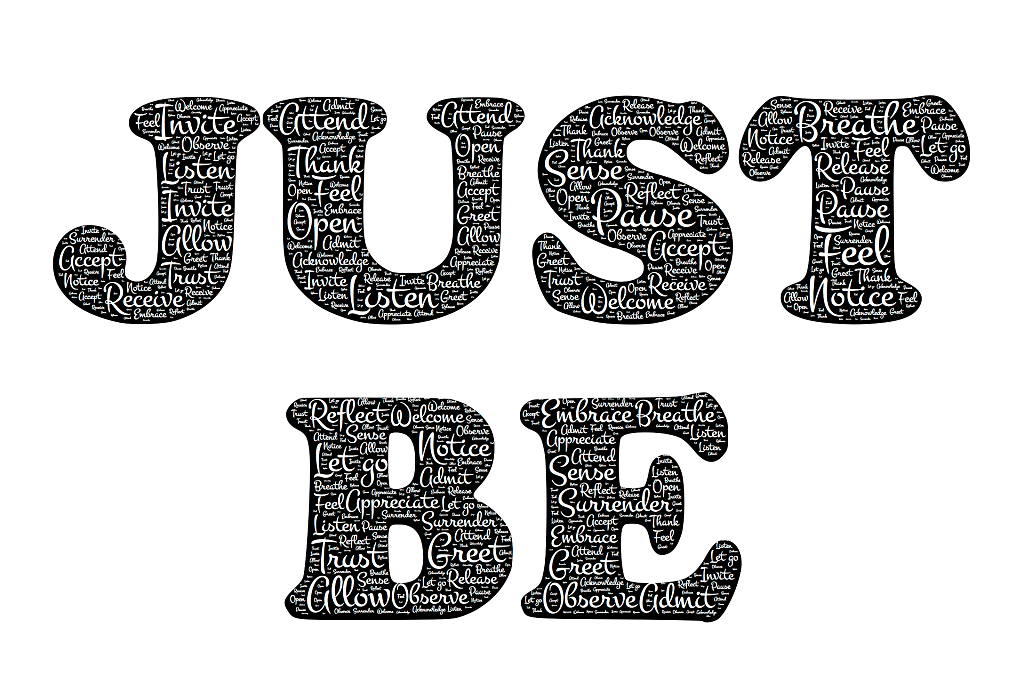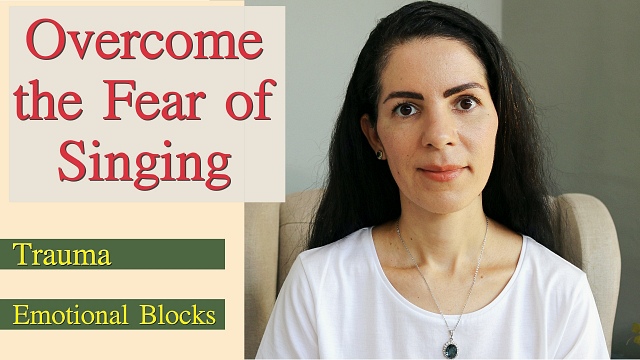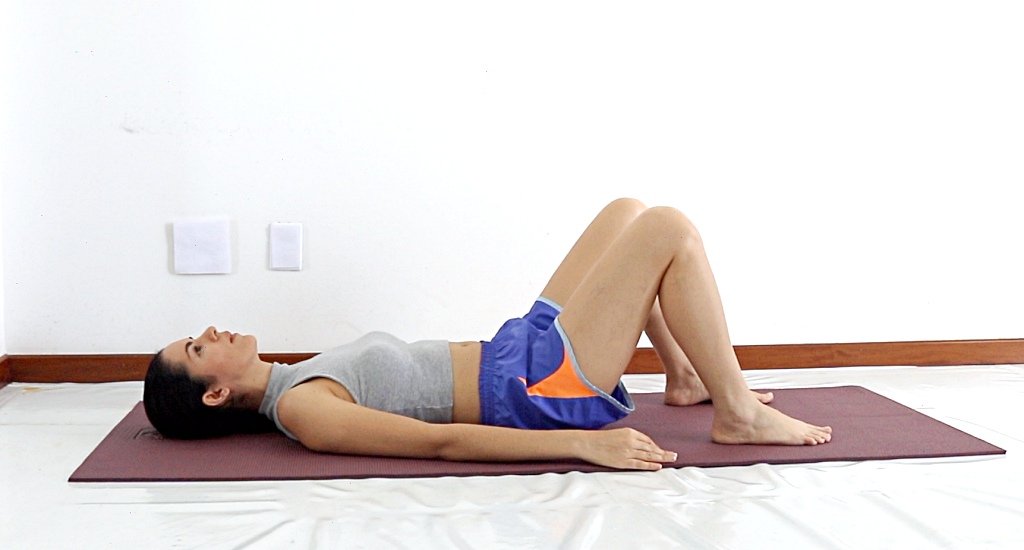There is a deep influence of our emotional state on voice production and singing. Many people had their vocal expression restricted as a child because they were told something like ‘shut up and behave’. Others suffered some type of judgment for their singing performance. All of these situations create an emotional impact that can appear in singing.
To help overcome it, I will share in this post twelve strategies to facilitate singing in cases of trauma or emotional blocks. I developed these twelve strategies by working on myself to unblock my own singing voice.
To avoid missing my future posts, subscribe to the Post Notification.
To receive my latest news, including special offers for my online courses, subscribe to my newsletter.
Resources
Before we dive into the content, I would like to mention some resources to help you open your singing voice.
To learn exercises and practical tools to facilitate the opening of your singing voice in cases of trauma and emotional blocks, consider enrolling in my online course.
Here is a free guide to help organize your singing practice in case of trauma symptoms.
That’s my list of books to help open your voice.
Visit this page to have an overview of my work on singing and trauma.
Now let’s explore the strategies to facilitate singing in cases of trauma or emotional blocks.
- Go Through the Path of Feelings, Not Techniques
- Sing Songs that Make Sense to You
- Welcome your Mistakes
- Do Not Overwork to Get Quick Results
- Put Your Focus on the Pleasure of Singing Instead of Having to Do It Right
- Work With Your Whole Body
- Acknowledge Thoughts and Feelings that Arise When You Sing
- Allow the Release of Stored or Repressed Feelings Inside You
- Expose Yourself in Public Little by Little, and Always Respect Your Limits
- Repetition is the Secret
- Stay in the Present Moment
- Record Yourself and Watch Later
1) Go Through the Path of Feelings, Not Techniques

The prevalent practice of singing training has overemphasized the techniques, in which the body is seen as a machine. But, in my experience and opinion, cases of trauma and emotional blocks show that the best approach is what I call ‘the path of feelings’, not muscular work, not doing right this or that technique, especially when the person is in a state of more intense tension. What does it mean?
It means that singing must be seen as a way of expressing feelings instead of a succession of muscular movements. The reason for this is that feelings and muscle coordination work together. By overemphasizing the muscular movements, without considering how you feel, you are no longer in contact with your body, because it implies getting in touch with your feelings. In reality, what you are doing, in this case, is trying to manipulate the body without listening to it.
Muscular work cannot be disconnected from feelings and awareness of your emotional state, because the muscular tensions the techniques usually try to resolve in reality are repressed emotions stored in the body.
Overemphasizing techniques tends to further increase anxiety and tension, the sense of judgment, and the focus on the how rather than the what. Techniques are just tools. You, your body, are sovereign. Take your power back!
2) Sing Songs that Make Sense to You

If what you sing has real meaning to you, it is much easier to sing because your muscles and emotions will easily be in a state of synergy. There is an affective connection between you and what you sing.
Singing is expressing yourself through your voice, your body. It must be real. That’s why I believe the song or repertoire has to make sense to the singer. Of course, consider the level of complexity and what is possible for you at a given moment.
Notice that when you connect with the music and feel the emotion, and that emotion moves you, that’s when you sing at your best.
3) Welcome your Mistakes

The called mistakes are normal parts of the process of learning, training, and developing skills. Culturally, there is a lot of judgment of one’s ability to sing and little tolerance for the called ‘mistakes’. There are expectations of perfection all the time.
However, in the real world, there will be times when the voice may fail, come out shakier, or be out of tune, especially if the person is in a state of stress. Over time, you will see that the more you embrace your imperfections when singing, the less they will appear.
4) Do Not Overwork to Get Quick Results

I know it can seem frustrating, but do not force results, respect your learning time and learning path, which is definitely NOT standardized!
You need to listen to your body; the symptoms you feel are trying to say something important to you. In this way, it will give you results that will last.
5) Put Your Focus on the Pleasure of Singing Instead of Having to Do It Right

This is extremely important, especially on a more emotionally difficult day. Try to have fun instead of insisting on reaching this or that note. You will notice that singing or vocalizing as a play will work as a freer warm-up, and it will be much easier to move on to the repertoire or another formal part of the training.
6) Work With Your Whole Body

It is important to work the body with stretching and techniques of body and breathing awareness. The goal is not to work out, is to promote self-awareness and connection with your body and your feelings. It’s like meditation!
7) Acknowledge Thoughts and Feelings that Arise When You Sing

If possible, when fear and related thoughts arise as you sing, try to notice what they are about, if they are repetitive, as a pattern, and write it down. Try to recognize your body sensations at this moment. Perceive if it can relate to past experiences. In my opinion, in cases of trauma, it is also wise to seek the help of a trauma-informed professional.
8) Allow the Release of Stored or Repressed Feelings Inside You

Allow the safe release of stored or repressed feelings such as fear, rage, and sadness that want to come out. Do not deny your feelings! When you recognize and release repressed feelings, it helps diminish chronic throat constriction and expands the breathing capacity. You can do it in many ways, such as talking about your emotions with someone you really trust, crying, through bodywork, and so on. But be careful, it can be necessary professional help.
9) Expose Yourself in Public Little by Little, and Always Respect Your Limits

Anxiety about singing in front of others or recording for sharing comes from the way you see the other and how you expect the other will see you. This belief or expectation can be conscious or unconscious.
Ask yourself: What is the worst that can happen? Why do I feel the others have power over me? Meditate on it.
Then, expose yourself little by little, don’t go too far away from your comfort zone, but do not stay only in your comfort zone. Find your pace.
It is also important to find your purpose in singing. Why do I do what I do? Why is singing so important to me? Find your answers, and see what makes your heart shine. And connect with it.
10) Repetition is the Secret

By practicing over and over again, you will know yourself better, understand how your self-sabotaging patterns work, and be able to release them more easily. Besides that, as you practice, you will gain familiarity with the songs and try different ways to do the same thing, and this will build more confidence.
11) Stay in the Present Moment

During your training or presentations, keep yourself connected with the joy of the present moment, not with the ending result, or back to the past, as much as you can. I know it can be challenging, but do it as a practice, and you will feel more centered. When you are centered, it brings you self-confidence.
12) Record Yourself and Watch Later

You will probably see that most fear comes from monsters we create in our heads. The reality of your singing is often much better than your self-image. Realizing this is also healing.
Conclusion
Over time, you will see improvement. I recommend you look at the progress you made in a year for example, instead of focusing on a short period of time.
Seek professional help when necessary. And work with people who have emotional awareness. Remember, the main goal is to feel good and stay in touch with your body.
I recommend that you also watch the video below from my YouTube channel.
I hope you found this content helpful – if you have any questions, leave a comment below!

Credits for the images in this post: 1. girl in front of a mic by Cdd20 from Pixabay; 2. person reaching for the moon by Cdd20 from Pixabay; 3. sheet music and hearts by Vanessa (k-e-k-u-l-é) from Pixabay; 4. musical notes coming out of the cage by Alexa (Alexas_Fotos) from Pixabay; 5. a person climbing stairs by Cdd20 from Pixabay; 6. couple on a toy swing by Kevin Seibel (KVNSBL) from Pixabay; 7. woman body and sun by Jill Wellington from Pixabay; 8. a person opening a door by Cdd20 from Pixabay; 9. man silhouette and feelings/thoughts names by Jonh Hain from Pixabay; 10. girl singing with a blue sky by Cdd20 from Pixabay; 11. ‘practice’ by Jonh Hain from Pixabay; 12. ‘just be’ by Jonh Hain from Pixabay; 13. girl with headphone and smartphone by Karolina Grabowska (kaboompics) from Pixabay.
Related Posts
2 responses to “Strategies to Facilitate Singing in Cases of Trauma or Emotional Blocks”
-
I am very grateful for this wise and important message. I think and feel this will change my life for the better. My daily singing practice suddenly has become fun!
Thank you!
I wish you all the best.-
Thank You!
-













Leave a Reply